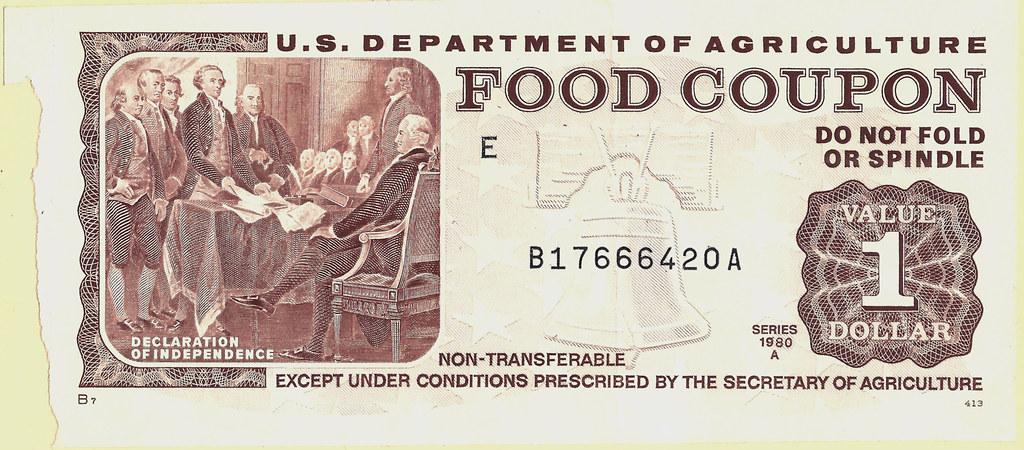What are the Harmless Public Benefits for Immigrants
and the Ones to Pass up?

Many legal immigrants worry that if they receive any public benefits, the United States Immigration and Citizenship Service (USCIS) or State Department will make a determination that they are likely to become a "public charge."
According to 64 Fed. Reg. 28689, a "public charge" is an immigrant who is likely to become "primarily dependent on the government for subsistence." Although a determination that an immigrant is likely to become a public charge could have grave immigration consequences (such as denial of an application for permanent residency (Green Card), the majority of immigrants who have already been admitted to the United States , more specifically, those who are legal permanent residents (LPRs) will most likely never be subject to a public charge determination.
USCIS Guidance Narrowly Limits the Types of Public Benefits that are Relevant to a Public Charge Determination
To stay away from becoming a public charge, immigrants should shun benefits that provide cash assistance for income maintenance or institutionalization for long-term care. The sort of benefit you may utilize without becoming a public charge depends on your immigration status.
Every program has its own eligibility requirements that must be satisfied before participation in the program or before receiving benefits. Each state has different rules and different benefits. You have to check each state agency to determine what is available and who qualifies.
Public Benefits for recent Immigrants Applying for Permanent Residence
USCIS states that legal immigrants who have not yet received their green card may use the following benefits without a public charge penalty:
- Non-Cash Programs such as public housing, child care, energy assistance, disaster relief, Head Start, or job training or counseling.
- Health Care Benefits such as emergency Medicaid, the Children’s Health Insurance Program (CHIP), prenatal care, or other free or low-cost medical care at clinics, health centers, or other settings (other than long-term care in a nursing home or similar institution)
- Food Programs such as WIC (the Special Supplemental Nutrition Program for Women, Infants, and Children), school meals, or other food assistance
New immigrants should avoid the following benefits to stay away from a public charge determination. USCIS will consider your involvement in the following when determining whether or not to grant a green card:
- Institutionalization for long-term care, such as residing in a nursing home or mental health facility at government expense
- Cash Welfare such as Supplemental Security Income (SSI), cash Temporary Assistance for Needy Families (TANF), and state and local cash assistance programs for income maintenance (often called "state General Assistance")
Public Benefits for Green Card Holders
Legal permanent residents (green card holders) will keep their status through public charge if they use the following services:
- Health Care Benefits such as emergency Medicaid, the Children’s Health Insurance Program (CHIP), prenatal care, or other free or low-cost medical care at clinics, health centers, or other settings (other than long-term care in a nursing home or similar institution)
- Food Programs such as Food Stamps, WIC (the Special Supplemental Nutrition Program for Women, Infants, and Children), school meals, or other food assistance
- Non-Cash Programs such as public housing, child care, energy assistance, disaster relief, Head Start, or job training or counseling
- Cash Welfare such as Supplemental Security Income (SSI), cash Temporary Assistance for Needy Families (TANF), and state and local cash assistance programs for income maintenance (often called "state General Assistance")
- Institutionalization for long-term care, such as residing in a nursing home or mental health facility at government expense
Source: USCIS


